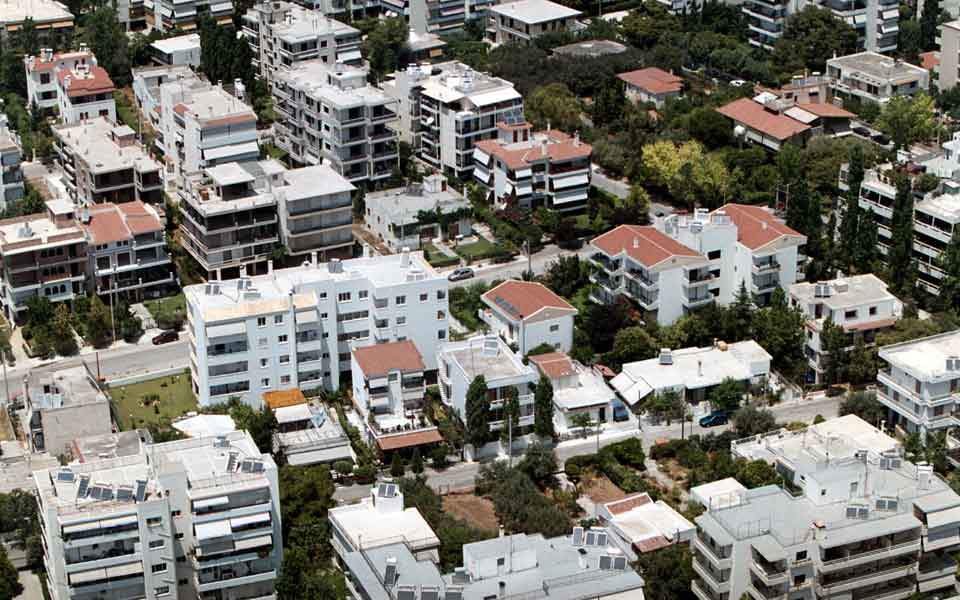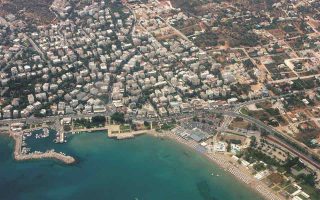Why Golden Visas stumbled last year

Over the next few months Greece’s Golden Visa program, which offers five-year residence permits to non-EU citizens who invest at least 250,000 euros in Greek property, will need to cover the ground lost due to the pandemic if it is to return to the world’s leading position that it occupied in 2019.
Data show that in 2020 the Greek program collapsed as the strict measures to contain the Covid-19 pandemic and the fact that it was impossible to issue residence permits to investors remotely saw the concession of new Golden Visas sink 88% compared to 2019. At the same time, the respective programs in fellow European Union states Spain and Italy outperformed and are expected to lead to a surge in competition for attracting foreign investors in the next few months.
The fact that interested investors couldn’t travel to Greece and the lack of options for the completion of certain transactions that had already started when the pandemic broke out resulted in just 403 new Golden Visas being issued in the whole of 2020, with a monthly average rate of just 34. That compares with 3,504 new permits issued in 2019, or 292 a month.
In total, from the launch of the Golden Visa program in 2014 up to the end of 2020, Greece issued 8,011 residence permits, which translates into revenues of at least €2 billion for the property market.
In contrast, countries such as Spain and Portugal managed to considerably contain their losses during the pandemic: Portugal constitutes a very interesting example, as it suffered a decline of just 4.8% on an annual basis because it continued the process of permit issues despite the restrictions.
Official data from Portugal show that the Iberian country issued 1,182 new permits in 2020, against 1,245 in 2019. On a monthly basis it issued 99 permits, down from 104 per month a year earlier. In revenue terms, Portugal recorded a 12.8% decline to €647 million, according an analysis by British company Astons, which expects a 10.5% rebound this year to €715 million.
Portugal’s program emerges as the most competitive compared to Greece’s as its threshold of €280,000 (depending on location) is not far above the Greek threshold of €250,000.





